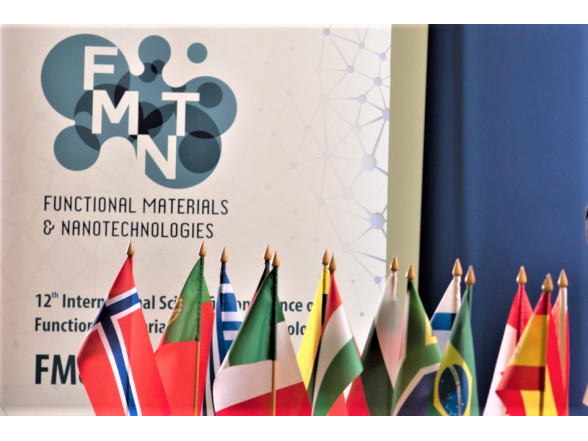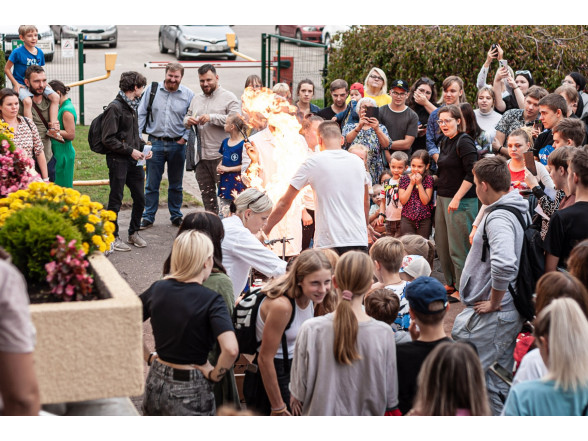The 12th International Scientific Conference ’Functional Materials and Nanotechnologies – FM&NT-2018’ was held on October 2-5, in Riga.
The FM&NT conference is a continuation of meetings, first of which was organized in 2006 by ISSP UL in Riga. Since 2013 FM&NT conferences turned over a new page, becoming a common conference of all three Baltic countries. Now it is being organized periodically by the ISSP UL, University of Tartu, and Vilnius University. This time it was organized by the Institute of Solid State Physics, University of Latvia (ISSP UL). In 2018, the conference was also a tribute to 40th anniversary of the ISSP UL, Latvia’s Centenary programme “Latvia 100” and beginning of Centenary year of the University of Latvia.
The purpose of the FM&NT is to bring together materials scientists, physicists, chemists, research staff, engineers, as well as experts in a wide range of the most demanding application areas, and students from universities, research institutes and related industrial companies. The scope of the FM&NT-2018 was Nanomaterials and Nanotechnologies, Functional Materials, Theory and Modelling, Thin Films and Perspective Materials for Energy. The topics of the conference included materials for energy and renewable energy technologies, biomedicine, multifunctional inorganic, organic and hybrid materials for photonics, micro- and nanoelectronics.
This year, more than 180 scientists from USA, Belarus, Denmark, South Africa, France, Georgia, Estonia, Italy, Israel, Kazakhstan, Russia, Lithuania, Norway, Poland, Portugal, Finland, Thailand, Taiwan, Ukraine, Hungary, Germany, Sweden, and, of course, Latvia presented their latest scientific achievements, reported on trends and activities in research and development of perspective materials using modern nanotechnology techniques.
6 plenary, 19 invited, 36 oral and 130 poster presentations reflected the results of theoretical and experimental research on functional materials and related processes, as well as possible application of innovative materials in science and economy.
In the individual meetings the possibilities of cooperation, the development of science in the countries, and national and political support were discussed. Heads of institutions sought for opportunities for joint cooperation not only in the Camart2 and Horizon 2020, but also in the formulation and implementation of bilateral, trilateral and other projects.



